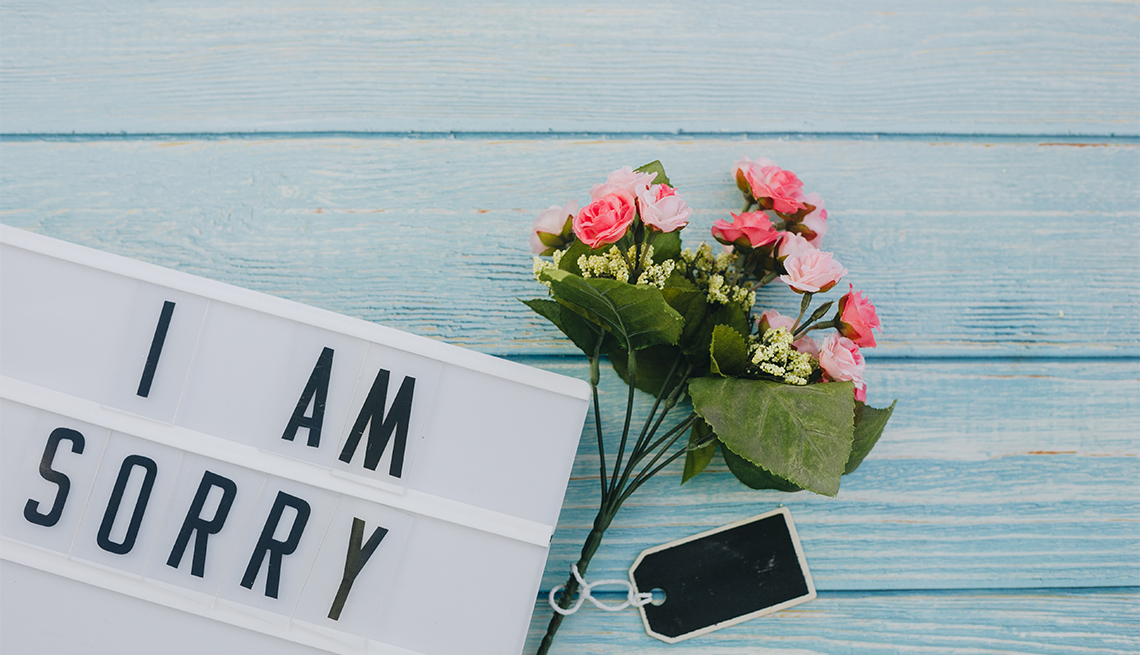
5 ways to approach forgiveness in your life
- Select a language for the TTS:
- UK English Female
- UK English Male
- US English Female
- US English Male
- Australian Female
- Australian Male
- Language selected: (auto detect) - EN
Play all audios:

“Forgiveness happens inside people’s skin,” explains Worthington, who has written multiple books on forgiveness, including _Forgiving and Reconciling: Bridges to Wholeness and Hope_.
“Reconciliation happens between people — and only when both people are committed to being trustworthy.” Waiting for that reconciliation can be painful, but tolerating that waiting period
may be a necessary evil. If you don't wait, says Tasha Nadasdi, a clinical psychologist in Charlottesville, Virginia, you can wind up actually damaging the possibility of
forgiveness. Pushing boundaries may only lead to a breach of trust and could compound the original hurt, she says. It can be helpful to use that waiting period as a time for self-reflection.
When we need forgiveness, there can be guilt, shame and self-condemnation “as we figure out how we’re going to deal with the social, spiritual and psychological fallout of our acts, and
that gets complicated,” says Worthington. His advice: Ask yourself how valuable you find this relationship and how much you want to restore it. Sometimes the answers help overcome those
difficult emotions. MOVING PAST SHAME Shame actually may prevent a true apology from taking place, because shame often causes people “to withdraw and hide, or to defend” themselves, says
Candyce Ossefort-Russell, 59, a psychotherapist in Austin, Texas. “Remorse — a word we don't use often in our culture, but I think it's a really useful word — is the emotion
that comes in good people when they hurt another person.” Take care of remorse by trying to repair the situation, although just thinking about making that repair can cause the heart to
pound. If that happens, Ossefort-Russell suggests putting your hand over your heart as a soothing gesture, to calm the nervous system so you can speak more clearly. That also may help if
the person you approach gets angry. “That hand on the heart can help you stay centered in yourself in the knowledge that you are a good person who made a mistake,” she says, “and that you
can withstand their upset.” If the other person goes on a tirade, it’s probably best to simply listen and apologize, says Ossefort-Russell. "An angry, upset person is unlikely going to
be able to hear you if you try to explain yourself,” she says. “Giving reasons to someone who's angry or visibly hurt is likely to come off as justifying your behavior, which will
escalate their upset. When your heart is open and you trust that you're a good person who made a mistake, you'll be better able to disengage from trying to prove you're a good
person with explanations and reasons for what you did." Offer detailed explanations only if the other person requests them, she says.
